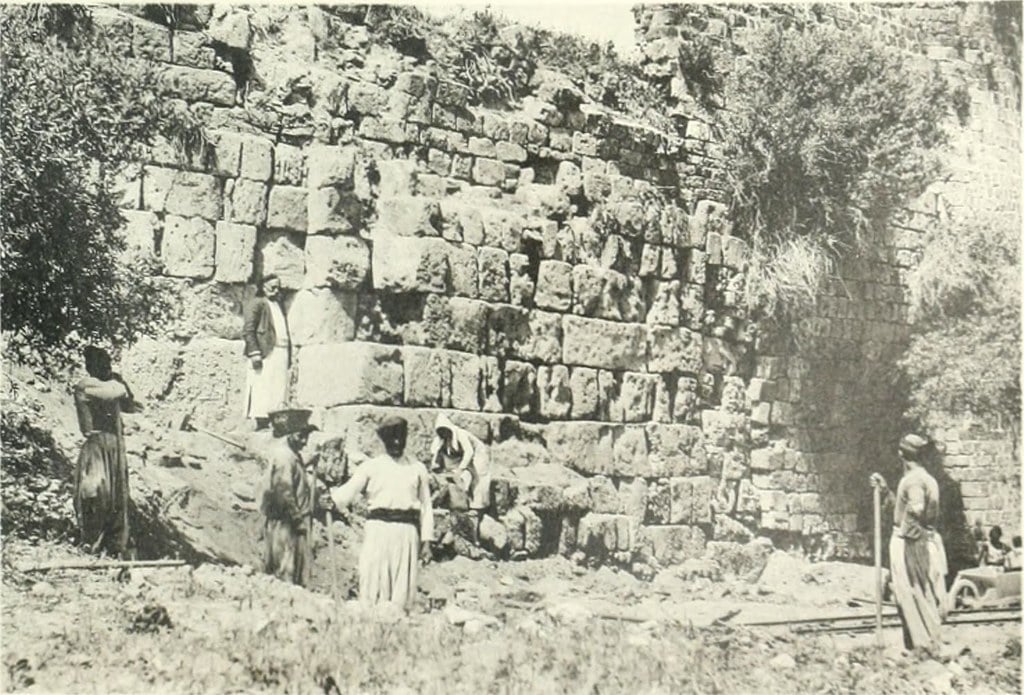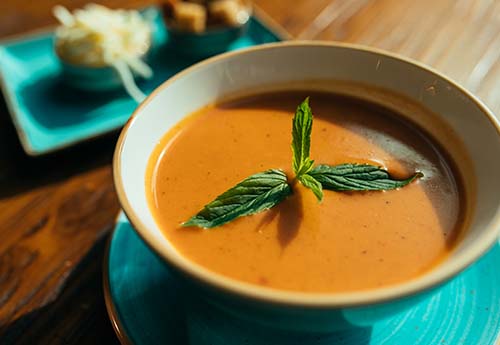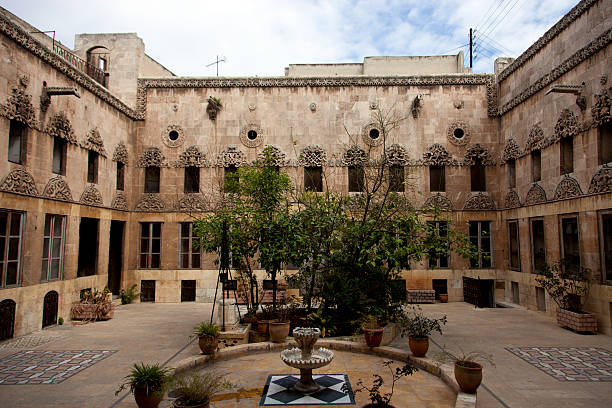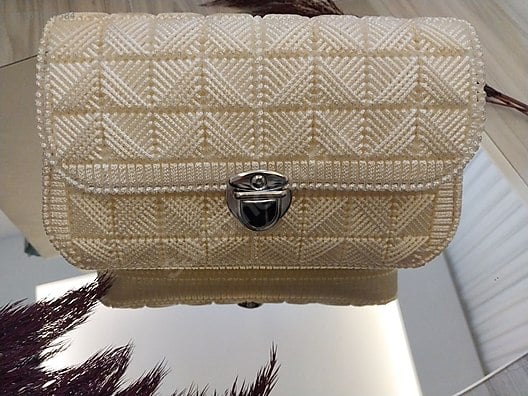Shami Expressions You Didn’t Know Came from Turkish
Did you know that many words we use daily in Sham have Turkish origins? Various civilizations passed through, leaving their mark on our daily language. One of the most influential languages on our dialect is Turkish, especially during the Ottoman rule, which lasted around 400 years.
Let’s take a tour of some of these words and see how they became a part of our lives:
First, “Marhaba,” the greeting we use every day, comes from the Turkish word “Merhaba.”
“Yabraq” is something we all know – the delicious stuffed grape leaves with meat. The word comes from the Turkish “Yaprak,” meaning “leaf.” If you stuff grape leaves with rice but no meat, we call it “Yalanji,” which means “fake” in Turkish, from “Yalancı.”

When we say “Oda” to refer to a room, this word also comes from the Turkish “Oda.” A nice expression we use, “Duzbara,” meaning “accurately,” also has Turkish origins from “Düzbari.”
Did you know that when you dry your hands, you say you need a “Bishkir”? This word comes from the Turkish “Peşkir,” meaning a cloth towel. And we say “Belki” or “Barki” many times a day, which also comes from the Turkish “Belki”!

If someone offers you tea and says “Akrok Ajam,” it means the tea was made in a Turkish teapot, without a smoky flavor fancy and well-made. This phrase originates from the Turkish “Açık akşam çayı.” And the word “Afandi,” originally used to show respect, now we say it sarcastically to someone who thinks they’re important. It comes from the Turkish “Efendi.” Hey, Afandi!
When you say “Aywa” to agree, this also comes from the Turkish “Evet.” And when we talk about a “Baltaji,” originally it was for someone who worked with an axe, from the Turkish “Baltaçı,” but now we use it for a troublemaker.
And if everything’s fine, say “Tamaam,” a word also from the Turkish “Tamam,” meaning “okay” or “good.” Even “Khalas,” which we say to finish something, is of Turkish origin from “Khalas.”

We call the brakes in our cars “Fram,” which comes from the Turkish “Fren.” And when driving, we hold the “Direksion,” which is the Turkish word for “steering wheel,” from “Direksiyon.”
The word “Dolab,” meaning wheel or cupboard, also comes from Turkish “Dolap.” If you want to drink something cold, you might say “Kazoza,” which is a soda drink, from the Turkish “Gazoz.”
Long ago, people would say “Babur” for something used to cook or heat that emitted steam. It comes from the Turkish “Vapur.” Remember Su’ad Khanom’s joy when her husband brought her a silent Babur in Bab El Hara?
By the way, “Khanom” also comes from Turkish “Hanım,” meaning “lady.”
And what’s better than cooking “Shurba”? The word for soup comes from Turkish “Çorba.”

If you’re craving kebab, you go to the “Kebabji,” the person who makes kebabs, from the Turkish “Kebapçı.”
Before you head out, don’t forget your “Jizdan,” meaning wallet, from the Turkish “Cüzdan,” and your “Kendara,” or shoes, from the Turkish “Kundur.”
Even the pain we express with “Akh,” comes from the Turkish “Ah,” and to affirm something, you might say “Ey wallah,” just like they do in Turkey with “Eyvallah.”

And when you shorten something to “Ey,” you’re actually using the Turkish word “Evet.” If you love ice cream in summer, you should know that “Boza” comes from Turkish “Buz,” meaning ice.
When you say “Dughri,” meaning straight or direct, it comes from Turkish “Doğru.” And the strong person is called “Abadai,” also from the Turkish “Kabadayı.”
If you’re carrying a “Shanta,” remember that it’s a Turkish word “Çanta.” And if you’re wearing boots or “Jazma,” this too comes from Turkish “Çizme,” meaning long boots. Even “Gomrok” for customs comes from Turkish “Gümrük.”

And when you eat “Shish Tawook,” know that the word originates from the Turkish “Şiş Tavuk,” meaning chicken skewer. When we say “Hareem” to refer to women, it’s also from Turkish “Harem.” And when you call a waiter “Garson” at a café or restaurant, remember that this word is Turkish too, from “Garson.”
Finally, “Habis,” meaning prison, is from Turkish “Hapis,” and “Jarabe” for socks comes from Turkish “Çorap.” Even “Dukkan,” which we visit daily, comes from Turkish “Dükkan.”
Now that we’ve taken a tour of these Sham words with Turkish roots, we can see how civilizations have shaped our language. Languages, like cultures, blend together and make life richer and more beautiful.